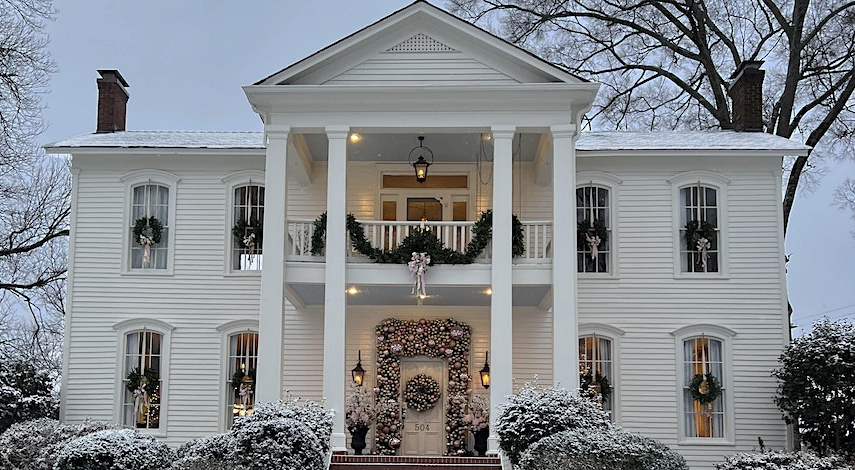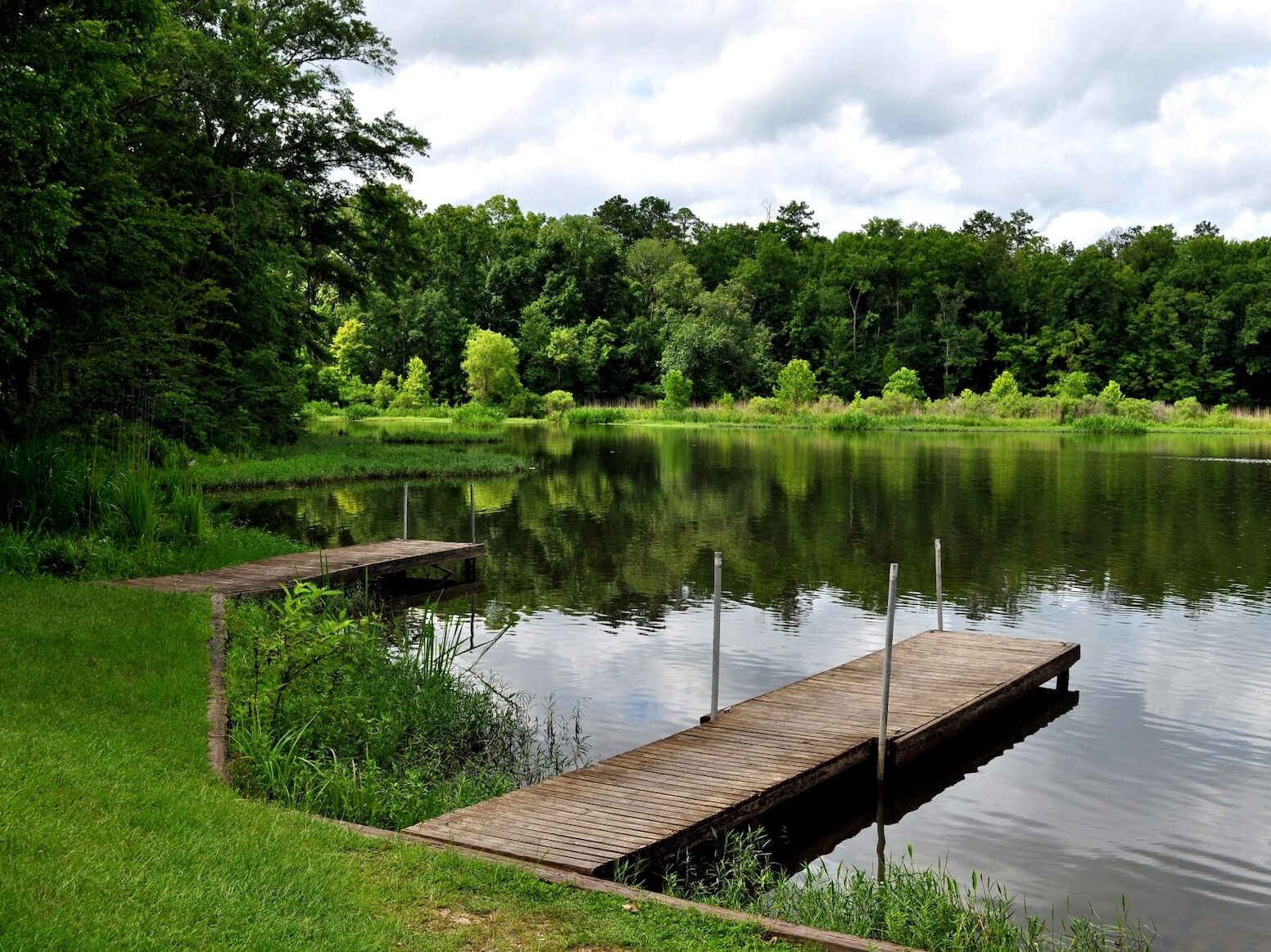An area praised for its charming historical architecture, Decatur is a lovely Northern Alabama city with a bevy of traditions and celebrations during the holiday season.
The homes found within Decatur’s historic districts are steeped in a rich history with some boasting broad historical significance, and the winter season brings with it the opportunity for residents and visitors to get an inside look at these incredible homes in their most festive attire.

(Decatur Morgan County Tourism/Contributed)
This event is known as The Historic Decatur Christmas Tour of Homes. The Historic Decatur Association, a local nonprofit with a mission to preserve the homes and character of Decatur’s two historic districts, curates a selection of historic homes to be viewed on the annual Christmas tour. The event has been a local tradition for more than 40 years and serves as an important fundraiser for the association.
The 2023 Christmas Tour of Homes will be on December 9th from 3:00 PM to 8:00 PM and will feature four homes in the Old Decatur Historic District, three homes in the Albany Historic District, three historic Churches, the Old State Bank Building, the Historic Decatur Union Train Depot, and the Carnegie Visual Arts Center.
There is a very exciting feature on this year’s tour. A 150-year-old home will make its debut on the Christmas Tour of Homes while celebrating this momentous milestone. The home is located on Line St and has been given the name Shadowlawn due to the towering oak trees that surround the home. This glamourous two-story white house sits in the Old Decatur Historic District and was recently renovated by the current owners Dr. Randy Riehl and his wife Lauren.
While many enjoy the festive nature of the event, there is also an incredible history to the city’s two historic districts that add a level of intrigue to the exciting season in the Northern Alabama town.
The Architectural History of Decatur
Founded in 1820, Decatur got its name from Commodore Stephen Decatur Jr. who rose to recognition through the Barbary Pirate War. It was home to the State Bank of Alabama’s northern branch which opened 13 years later. Bank Street was at one point the town’s commercial hub with residents’ homes on each side.

(Decatur Morgan County Tourism/Contributed)
Decatur was once known as the Tennessee Valley’s spot of convergence for means of transport by road and river. It was the town’s location that led to its use as a strategic site for the Civil War during which much damage was sustained. Only three original buildings remained after the conflict. It was this destruction that led to the town’s reemergence as a town characterized by the Victorian and other 19th-century styles.
With the existing town known as “Old Decatur,” “New Decatur”, a sister town located South of “Old Decatur” organized in 1887 gained traction following the war. The city became known as a “Gateway City” alongside the Tennessee River. The town became known as a “modern industrial community” and the “Chicago of the South,” with streetscapes designed by premier landscape architect Nathan Franklin Barrett. The town was later renamed “Albany” decades later. The two towns later became one in the late 1920s in accordance with an Act of the Alabama Legislature.
The early 1980s brought with it the concerted efforts of locals alongside a professional historic preservation specialist to submit “Old Decatur” to be surveyed, nominated, and accepted to be included on the National Register of Historic Places. Old Decatur is home to a number of architectural styles from Italianate and Victorian to Shingle-style and Craftsman bungalow, while Albany boasts styles from Queen Anne and American Foursquare to Dutch and Greek Revival.
Click here for details and to purchase tickets.
View Decatur’s Christmastime Itineraries here.




